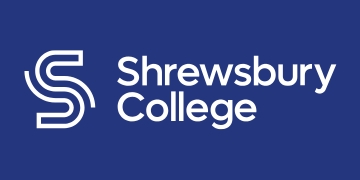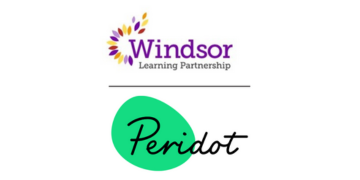Some schools are using personality tests to target pupils who struggle to learn by traditional “written” methods of teaching.
But psychology experts say such tests don’t provide “meaningful or useful” information.
Education consulting firm, Bright Field, use an online psychometric questionnaire, developed by Insights Learning and Development Ltd, that determines what “energy” group a student belongs to, and encourages teachers to alter their pedagogical approach to better engage with them.
The approach is said to help pupils who “prize social interaction” and thrive in creative activities.
But Nick Rose, leading practitioner for psychology and research at Haileybury Turnford Academy in Hertfordshire, said personality tests provided “no greater insight about the individual than astrology … they don’t actually give you anything meaningful or useful.”
Education consultant and former teacher David Didau, who has challenged educational fads in his latest book, What If Everything You Knew About Education Was Wrong?, also said this type of learning was “not a good idea”.
The model used by Bright Field costs between £30 to £40 per student – about £1,000 for a typical class.
Results are given in a 24-page report highlighting the participants’ “preferred” energy group. Research carried out by the company in five schools across the east of England found many disengaged students fell into the “sunshine yellow” category but teachers were “everything but sunshine yellow”.
Bright Field founder Ian Wigston said teachers were “adding to the disengagement” in the way they were teaching because of their different personalities.
Southend High School for Boys has adopted the method and initially used it on students who were adrift from target grades.
Headteacher Dr Robin Bevan said all the participating students at the selective grammar school have improved “relative to their peers”. He did, however, add that this method was “not a finished enterprise.
Adding: “We have been looking at how we assign students into groups and in particular the roles we give to sunshine yellow pupils. For example, if you have science practical work and you are working in groups, it is then very useful to get the sunshine yellow students to go around group to group collecting data. They are then very interactive in that social context.
“When students are asking questions that are slightly tangential, we looked
at different ways of handling those. We collect questions during the lesson and answer them at the end if the students finish their work.”
But Mr Rose warned that matching teaching to “some element of personality type” was a “big” problem.
“It is not enough, even if the test was psychometrically valid, for a teacher to modify their teaching to somehow match this personality style.
“Does that lead to gains for the student? The truth is that all the attempts at learning styles have produced, at best, very weak improvements.”
Dr Bevan argued that it didn’t matter, to some extent, how accurate the model was.
“The model sheds light on a different way of analysing our teaching. If we didn’t think about each pupil, the chances are the students will not be taught as well.
“I’m not sure it matters how robust the test is if it gives you that kind of insight.”
Mr Didau said: “If you are an introvert you probably don’t want to be doing any group work, but do you really need to pay £40 to find that out about a child?”







Why is a Head spending so much money on something when even the Head says “it didn’t matter, to some extent, how accurate the model was”. This is another unevidenced pseudoscientific fad. Please remember, if it takes off, which I sincerely hope it does not, that Universities are not pushing this! (We always seem to be blamed for the pseudo teaching methods).
I recall Gove advocating psychometric tests for potential ITE students some years back. That was firmly resisted by providers with good cause. They do not help one bit in the selection process and I very much doubt they will help teachers teaching children. The best ways of grouping children, if that is necessary for any task/lesson, is for the teacher to know their pupils and decide for themselves.